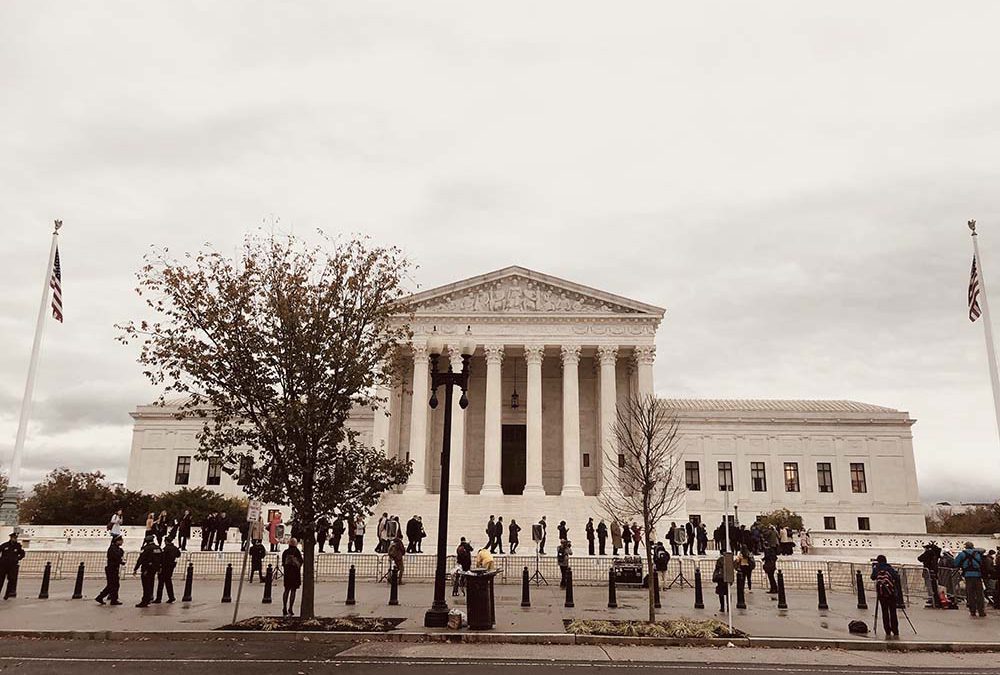WASHINGTON – The Supreme Court revisited a controversial case Tuesday on whether the family of a Mexican teenager shot to death in Mexico by a U.S. Border Patrol agent who fired across the border can sue the agent.
In 2010, U.S. Border Patrol Agent Jesus Mesa Jr. shot and killed Sergio Adrián Hernández Güereca, a 15-year-old Mexican national who was standing on the Mexican side of the Rio Grande on the El Paso-Juarez border while Mesa was on the U.S. side.
Mesa claims that the use of force was warranted because Hernandez and other teens were throwing rocks at Border Patrol agents. While an internal Border Patrol investigation found that Mesa had not acted incorrectly, cell-phone video of the incident appears to contradict the Border Patrol’s claims, showing the boys running to the border, touching the U.S. side and running back.
The Hernandez family, represented by the University of Texas at Austin law professor Stephen Vladeck, argued that a 1979 case, Bivens v. Six Unknown Named Agents of Federal Bureau of Narcotics, allows lawsuits against federal agents for violating the Constitution. They sued Mesa for unlawful search and seizure under the Fourth Amendment.
The Supreme Court first heard oral arguments in the case in 2017, when the justices sent the case back to the lower courts to review based on new precedent.
Justices Elena Kagan and Brett Kavanaugh pressed both sides on possible foreign policy implications if the court were to rule in favor of the Hernandez family.
Mesa’s lawyer, Randolf J. Ortega, warned that ruling in favor of the Hernandez family could allow overseas military and intelligence agents to be sued by foreign nationals affected by their operations.
“If it keeps going, extending into Mexico, then there would be no line. It would just keep going and going… It would be no different than a drone pilot in Colorado hitting the wrong
village in Syria. He would still be (liable),”
Ortega acknowledged that Hernandez’s family would be able to sue if the officer had shot Hernandez on American soil or if Hernandez had been an American citizen. However, the attorney contended that because the bullet struck the teenager on Mexican soil, the family did not have that right.
But Justice Stephen Breyer pushed back on why the teenager’s location was so crucial, given that many people cross the border on a daily basis.
“Across this bridge hundreds, perhaps thousands, of people walk each day on their way to work or on their way home,” said Breyer. “All I’m asking you is why that makes a difference.”
Vladeck argued against the idea that a ruling in favor of Hernandez would undermine U.S foreign relations and diplomacy, citing past claims against federal law enforcement officers in which the victim was a foreigner harmed on foreign soil and was awarded damages.
“The diplomatic sky did not fall,” he said.
The case could have far-reaching consequences for the families of five other Mexican nationals who were on the Mexican side of the border when they were shot by Border Patrol agents.
A decision from the high court is expected no later than June.


